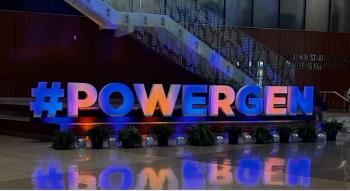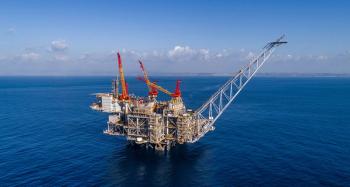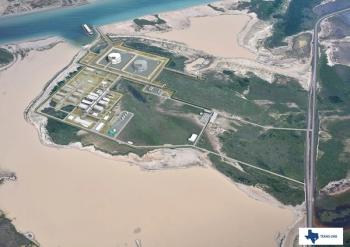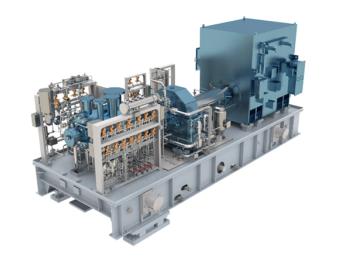
Copeland, AAON, DOE to Accelerate Cold-Temperature Heat Pump Technologies
Residential and commercial heat pump programs aim to develop pumps that perform at sub-zero temperatures and as emissions-effective rooftop units.
Copeland, AAON, and additional OEMs agreed to research, manufacture, and advance standard and cold-climate heat pump technologies, supported by the Department of Energy’s (DOE) Residential and Commercial Building Cold-Climate Heat Pump (CCHP) Technology Challenges.
- Residential Cold-Climate Heat Pump Challenge: It will develop high-efficiency heat pumps that perform at temperatures as low as -15 ºF. This low-temperature operation offers an alternative to conventional heating solutions.
- Commercial Building Heat Pump Technology Challenge: This program aims to create low-emissions heat pump rooftop units, allowing organizations to satisfy energy efficiency and decarbonization targets.
Originally, heat pumps experienced efficiency-related difficulties in colder climates and required extra heat input at low temperatures. Copeland’s heat pumps minimize greenhouse gas emissions by replacing or supplementing fossil fuel-driven heating with efficient, low-carbon systems that mix with intermittent renewables and operate year-round.
“As the United States shifts toward cleaner, more sustainable energy sources, AAON is tackling the challenge head-on, developing more resilient and efficient cold-climate heat pump solutions,” said Mark Bills, Vice President and General Manager of Commercial HVAC at Copeland. “Our engineering expertise and advanced heat pump technologies are designed to help our OEM partners achieve performance standards and facilitate greater adoption of these new technologies.”
Previous Copeland Grants
The DOE granted two awards to Copeland in 2024, accelerating the company’s ability to research and manufacture cold-climate heat pump technologies.
- Grant #1: Funds research and development for low-footprint heat pump technology equipped with integrated thermal energy storage.
- Grant #2: Expands Copeland’s production capacity for heat pump compressors across manufacturing facilities, including: Ava and Lebanon, MO; Sidney, OH; and Cudahy, WI. These allow Copeland to meet the demand for high-efficiency, cold-climate heat pumps across residential, commercial, and industrial sectors.
“Our partnership with Copeland will help us meet the standards of the DOE’s Commercial Building Heat Pump Technology Challenge,” said Brent Stockton, Director of Engineering at AAON. “Copeland’s commitment to research and development and their technologies are essential in helping us deliver solutions that meet and exceed performance expectations in the most challenging environments.”
DOE Heat Pump Grant
In August 2024, the
The Defense Production Act investments will increase the manufacture of heat pump technologies, which generate space heating, cooling, and water heating for homes, schools, and commercial and industrial uses. It will also increase U.S. compressor manufacturing, allowing these components to be easily installed in American-made heat pumps. The manufacturers will produce an additional 155,000 residential heat pumps, 440,000 residential heat pump water heaters, 2,000 school heat pumps, and 20,000 large heat pump compressors per year.
Electric heat pumps reduce greenhouse gas emissions by up to 50% compared to modern condensing gas boilers. Heat pump water heaters can be two-to-three times more efficient than traditional electric water heaters, saving homeowners $300-$1,500 annually.
Newsletter
Power your knowledge with the latest in turbine technology, engineering advances, and energy solutions—subscribe to Turbomachinery International today.




